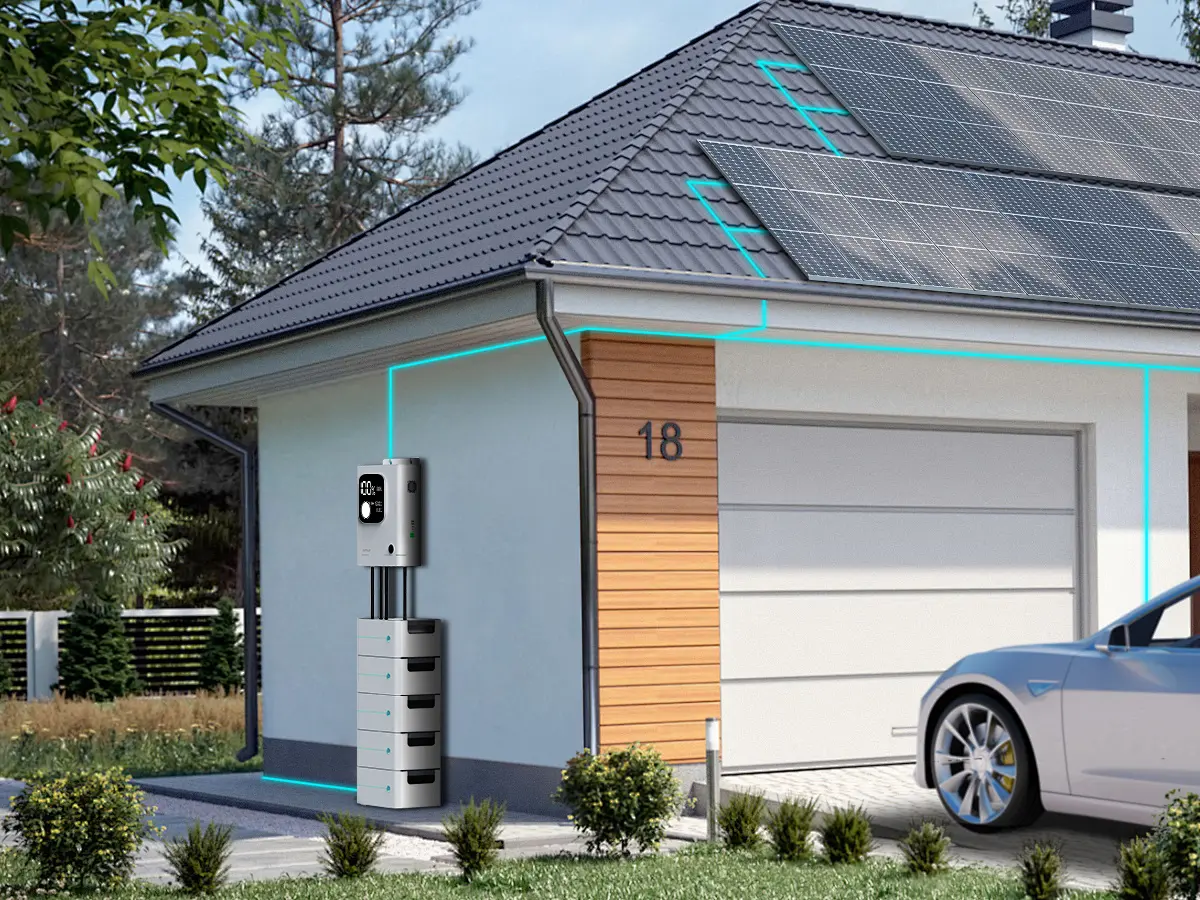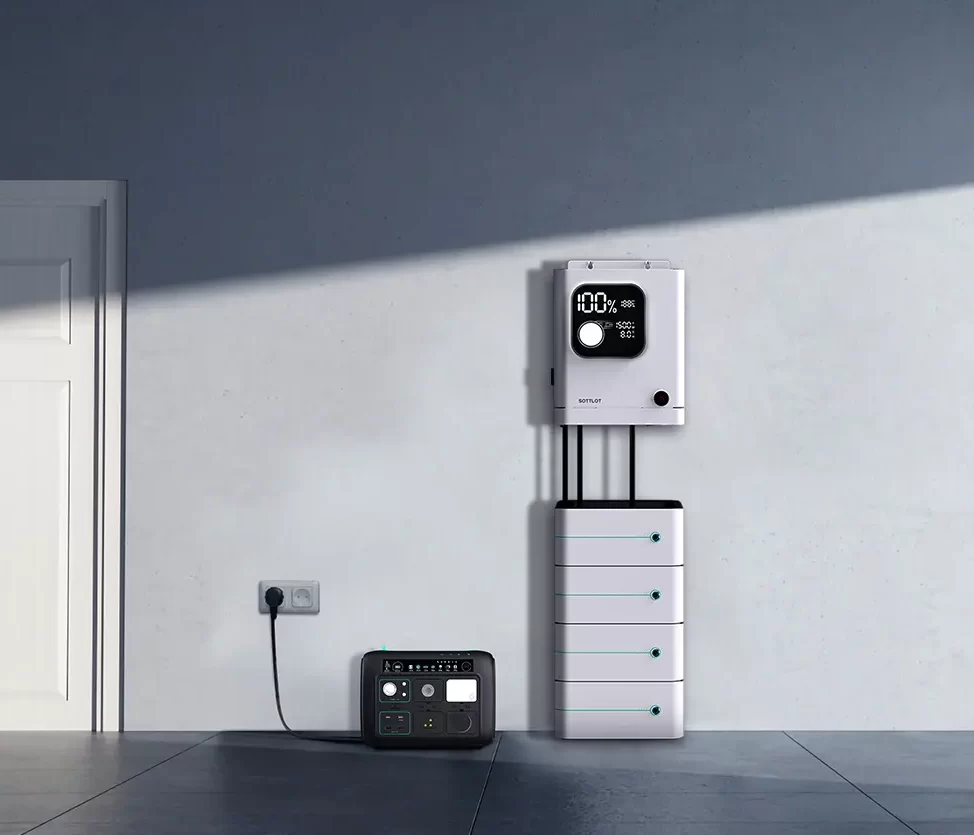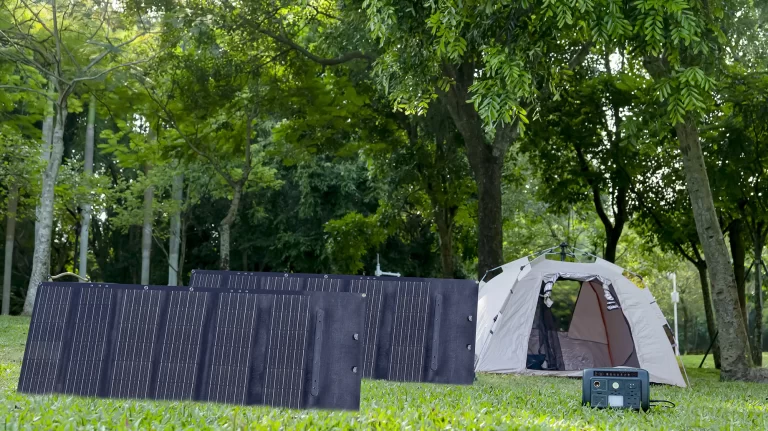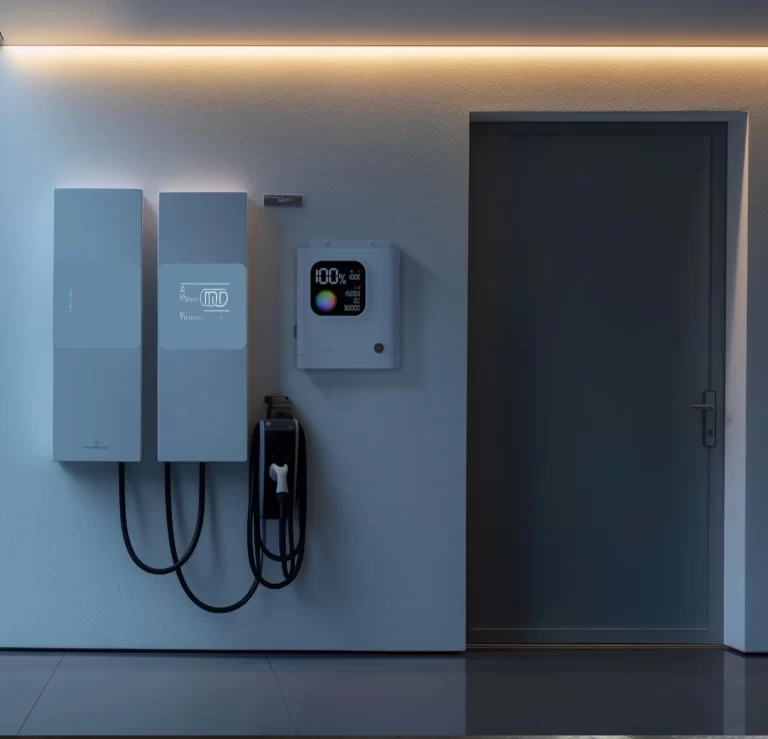As global demand for clean energy continues to grow, the home energy storage market continues to be booming overseas.

African countries generally face the problem of insufficient and unstable power supply. According to relevant data, Africa’s electricity access rate is only 57%, which means that more than 40% of the African population does not have access to stable power supply. In urban areas, although the power supply is relatively stable, power outages are still often faced, which brings great inconvenience to people’s daily life and economic activities. In rural areas, electricity supply is even scarcer, and many rural residents do not even have access to basic electricity services.
As one of the more economically developed countries in Africa, South Africa’s energy structure is dominated by coal and its power supply is relatively stable. However, South Africa also faces the problem of insufficient and unstable electricity supply. In order to solve these problems, the South African government has taken a series of measures, including encouraging private investment in power generation projects and promoting the development of renewable energy. At the same time, the South African government also provides large subsidies for distributed photovoltaics to encourage households and businesses to install photovoltaic systems. A small town in South Africa has successfully deployed a home energy storage system to provide local residents with reliable power supply. This project not only improves the quality of life of residents, but also brings new opportunities for local economic development.
In addition to South Africa, a home energy storage project has also been successfully implemented in a rural community in Kenya. By installing solar panels and energy storage equipment, residents no longer rely on unstable power grids and can use electricity at any time. This project improves the living conditions of residents while also promoting the development of local renewable energy.
A company in Nigeria installed a large-scale energy storage system in its industrial park, which not only solved the problem of unstable power but also reduced energy costs. This case demonstrates the application potential and economic benefits of energy storage technology in the industrial and commercial fields.
A remote village in Ethiopia is using a home energy storage system to provide stable power to local schools and medical facilities. This not only improves education and medical conditions, but also has a positive impact on the development of the village.
These successful cases demonstrate that home energy storage systems have great potential to solve power supply problems and frequent power outages. Not only do they provide convenience to individuals and families, they also bring sustainable development opportunities to communities and businesses.
Although the African home energy storage market has huge potential, it also faces some challenges. For example, the level of economic development in Africa is relatively low and people’s purchasing power is limited. At the same time, Africa’s infrastructure construction and technological level are relatively backward, which also limits the development of the home energy storage industry. In addition, Africa’s policy environment and market mechanisms also need to be further improved to attract more investment and promote technological innovation.
However, with the continuous advancement of technology and reduction of costs, home energy storage systems will play an increasingly important role in the future energy field. At the same time, support from governments and international organizations will also help promote the development of the African home energy storage market. Overall, the African home energy storage market is full of opportunities and is expected to make important contributions to the energy transition and sustainable development in the African region.




